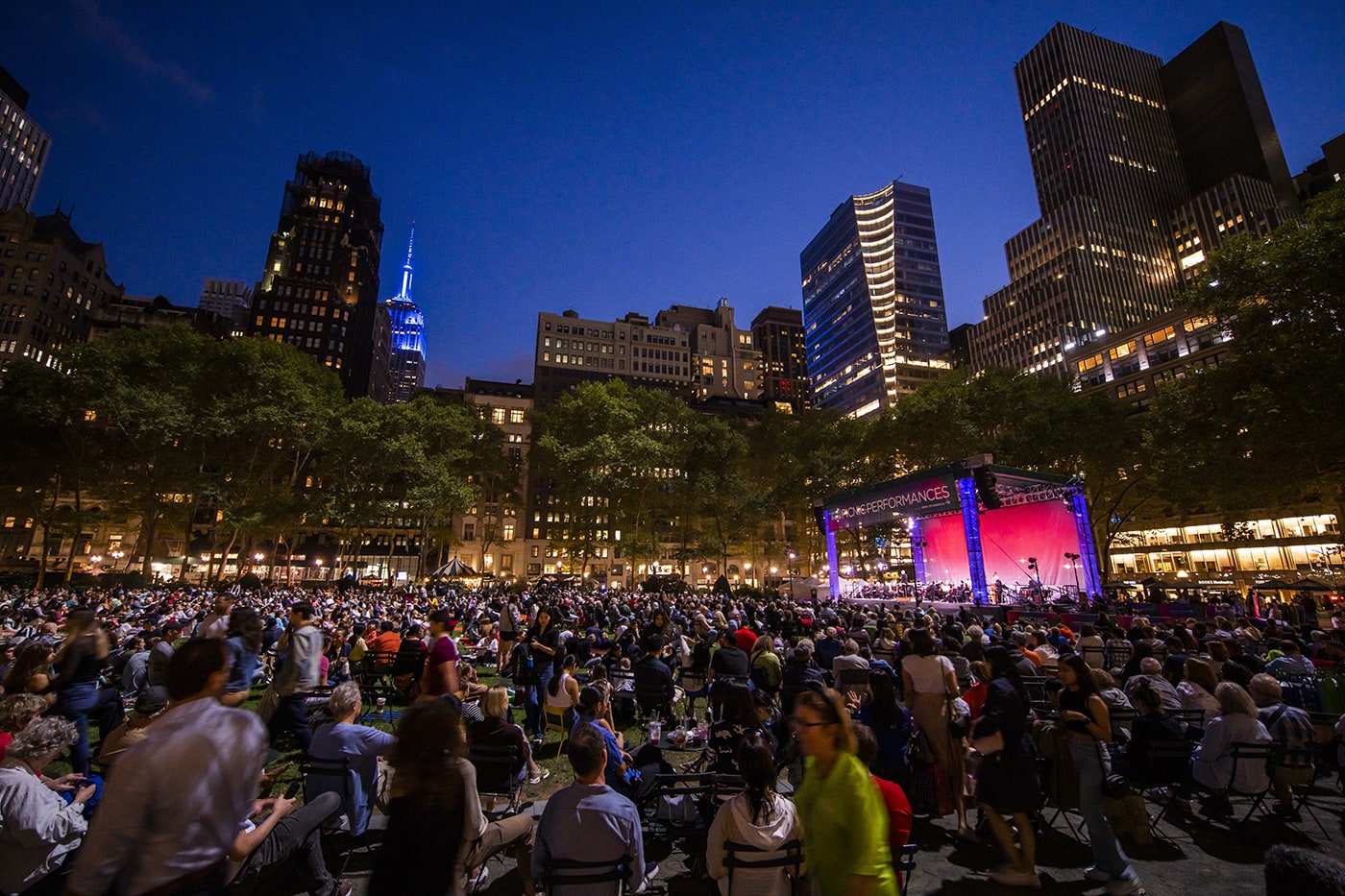Beyond the Hall
By Leon Botstein
This concert program tries to put a dent—so to speak—in a prejudice (if prejudices had metal surfaces like cars) too many of us still share: that there is a fundamental tension between popular music and classical “art” music, particularly in America. There is none; great music thrives in all genres from Taylor Swift to John Cage. Indeed, the historical record—the facts—tell a different story. In North America, part of our geographic region’s musical culture came from European immigrants. But as the Czech composer Antonin Dvořák (who arrived in the United States in the 1890s to lead a conservatory), observed, the future of American music depended on a quite different inheritance. Dvořák believed that only if we developed our unique non-European legacies— the culture of the descendants of the slaves brought forcibly to America from Africa, and that of the indigenous populations threatened with extinction—and integrated European practices with them could American composers write memorable and great music.
It has been the constant interaction between traditions of art music and popular genres that has made the collaboration of these twin sources of American musical culture fruitful and lent distinction and distinctiveness to American music for the concert hall, theater, home, street, church, and dance hall. On today’s program, the work of Scott Joplin and Florence Price reveal the riches of one of America’s unique sources, the cultural expressions of its Black population, particularly in dance and music (ragtime, for example). Song and dance specific to that American experience form the basis of Price and Joplin’s musical compositions even when they employ the sonorities of the opera and symphony orchestra. Price and Joplin vindicate Dvořák ’s opinion about America’s musical destiny.
One can regard Broadway, Hollywood, and America’s theater and movie industry comparable arenas of cross-fertilization between the European and the American experience, as well as bridges between the popular and the classical. On this program we have music by Bernard Herrmann, famous not only for his collaborations with Alfred Hitchcock but also with Orson Welles on Citizen Kane. Several years ago, the ASO performed a fine neglected European style symphony of Herrmann’s. Herrmann was enormously productive in many genres. He wrote operas and radio music. He was as brilliant as he was prolific. And he was a tireless champion of the music of Charles Ives, another truly original musical voice whose music derived its power from the use of popular tunes.
Leonard Bernstein deliberately cultivated an eclectic range that crossed the line separating the pop song from what once was dubbed “long haired” music. Bernstein wrote for Broadway, films as well as the concert stage. Perhaps his most compelling music from the 1940s was written for the dance: the ballet Fancy Free and the terrific Broadway show, On the Town. The lively and expressive transparency of Bernstein’s dance music evoke an open, egalitarian and generous democratic sensibility and a love of freedom that were crucial to communicate during the years of World War II. The fact that one of the stars of the first run of On the Town was Sono Osato, the great Japanese American dancer and actress was a source of pride for Bernstein in 1945 and ought not go unremembered today.
Kurt Weill was forced to flee Germany after the seizure of power by the Nazis in 1933. He ended up fashioning two distinct careers: one American and one European. Turning his back on Europe, Weill started anew in America. It is therefore ironic that the one work by Weill that left the strongest mark on American popular and classical music was his most celebrated achievement, The Threepenny Opera, a work from his European past. In Europe and America, Weill, like Bernstein, sought to break down distinctions between the classical and the popular by writing music of subtlety and sophistication that had immediate mass appeal. The music from The Threepenny Opera on today’s concert possesses a magic that has sustained a resilient popularity all over the world. In this way, this ASO program, which highlights the interconnections between the classical and the popular, and the interplay between the distinctive American experience and traditions brought from Europe is a celebration of equality, excellence and freedom and how these crucial virtues might be cultivated and protected in a modern democracy.

